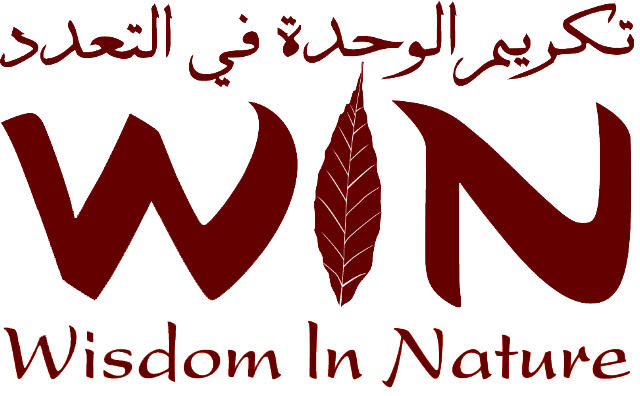Authenticity and Healing in Our Groups: Journey to a Deeper Democracy
by Muzammal Hussain
This is the second post arising out of a longer piece I have written - and which I am sharing in bite size chunks. The first post was titled 'We Humans are a Part of Nature' and through it I reflected on how, by marginalisng nature 'out there' not only do we exploit and harm nature, but also ourselves.
I ended with the following questions: If we are indeed like nature ‘out there’, what would it be like to be fully human? What would it be like to live in a society that valued and was nurtured by all its parts?
These questions are in my awareness as I continue...
When democracy Is an illusion - the voice that cannot speak
Have you ever had an experience within a group of a decision made that did not represent the people and the voices present - while giving the illusion that everyone’s concerns were taken into account?
If we stand in the same shoes, you will have experienced this many times. For many of us, we tend to experience this most acutely when it is our own voice that has been marginalised - something inside may then want to speak out.
Often, we may find it difficult to do so, as this will mean going against the grain, disrupting the status quo, being the object of other’s frowns. Thus, instead we gravitate to siding with the dominant voice and its perspective that “everything is going fine”.
The eyes and what they see
If the above is the case, then is it possible for us to concede that there would have been situations when we were that dominant voice? Thus with roles reversed, the voices at the margins (the other) may have seemed at least a little less relevant or less important? Or perhaps we experienced them as being so distant that we were not aware that they even existed. There would be no reason to speak out, as “everything is going fine”.
If we are to truly create a society that values all its parts, we need to be aware that the shoe can and does move to the other foot. The oppressed can be the oppressor, and the marginalised can become the one who dominates - these are simply roles and shoes that each of us will have occupied in different moments and contexts.
We know what it feels to be ignored. It can be helpful to step fully into our experience so we can go deeper into it and speak truthfully from that place - giving presence to its voice, and being a vehicle of its release. This takes courage, and in reality there can be consequences that we would need to be able to face. That is why acts of solidarity from those who hold greater privileges can be so powerful - it points the spotlight on places and actions that can be intentionally hidden.
Yet, we are usually less aware of the existence of marginalisation when the shoe does switch. How can I be the one who is oppressing? Or maybe, I (speaking also for myself!) can rationalise ‘temporarily marginalising’ and believe that by exercising greater authority or power, I will use that for common ‘good’ and everyone will benefit. Maybe - and yet, could this also become a pattern?
The Service of Healing in Groups: A Deeper Democracy
If we want to transform oppression, how can we authentically do this unless we can step into the knowing-ness that we also hold the oppressor role inside us? As we own both roles (and others), and are able to voice them, we help deepen and expand our own and the collective awareness in our group. The dialogue begins, the valve is opened, tensions are released, and things begin to move and shift. We are more authentically now aligning our energy to the service of truly healing, and the emergence of a democracy that is infinitely deeper and more inclusive than the one many of us have come to know.
There are many approaches to working with tensions and conflicts within groups. In my next post I hope to share one that I have found particularly useful, and which works with process to consciously include the diverse voices and parts of a group or community.

